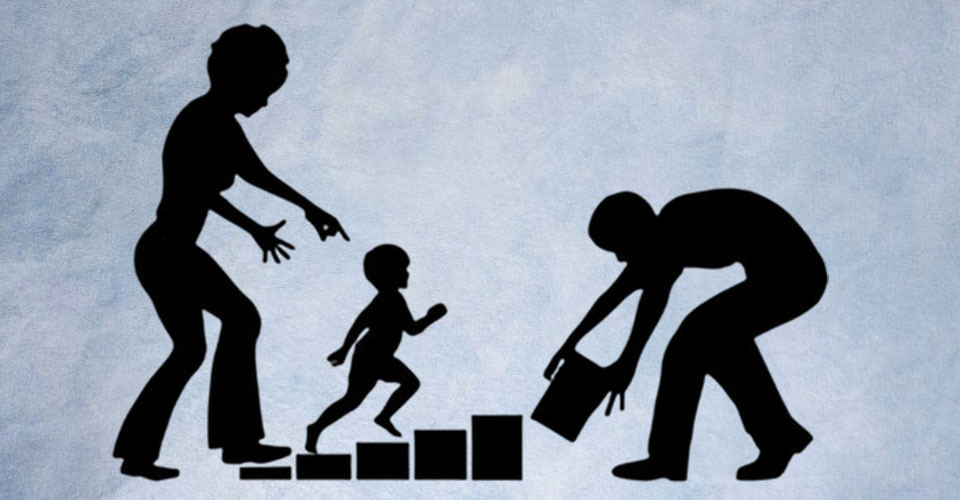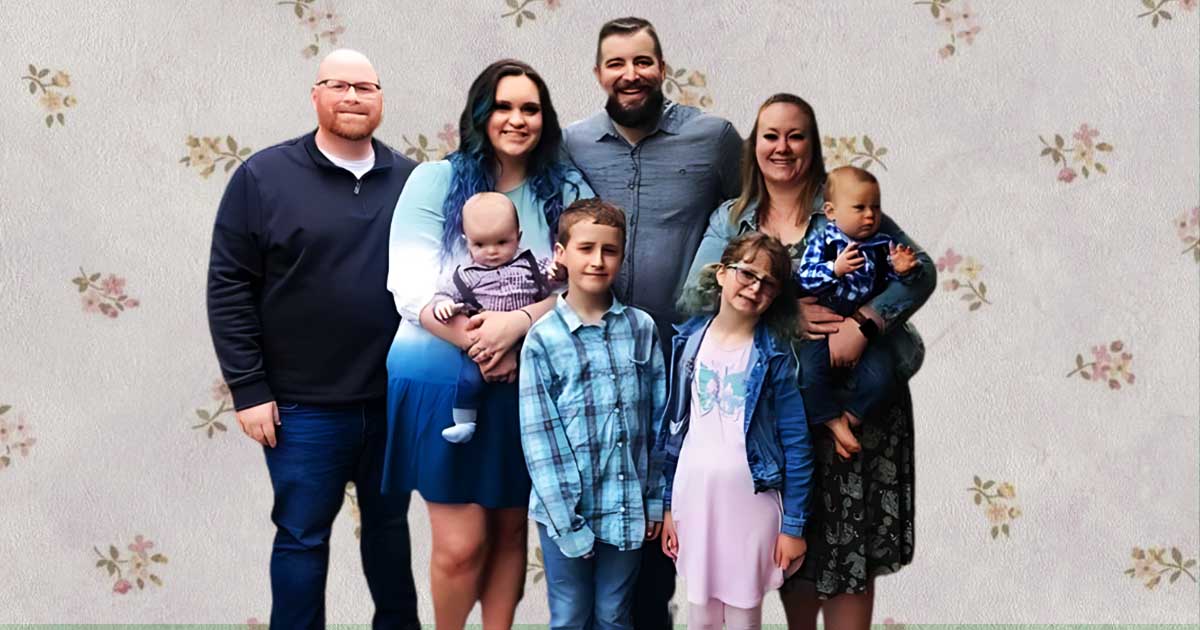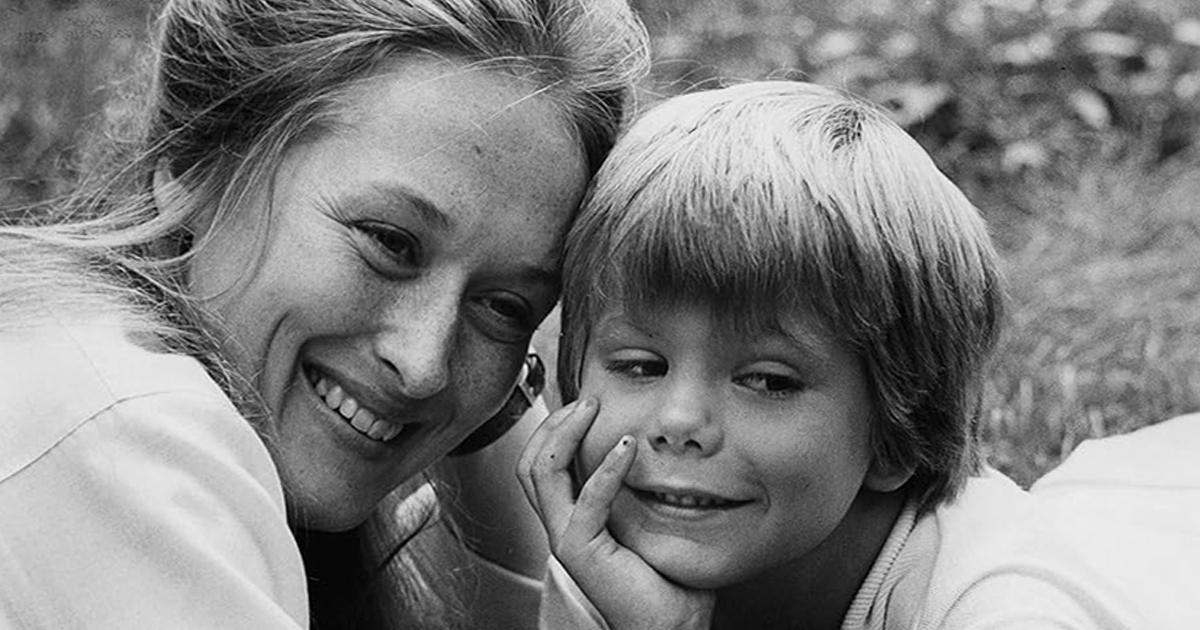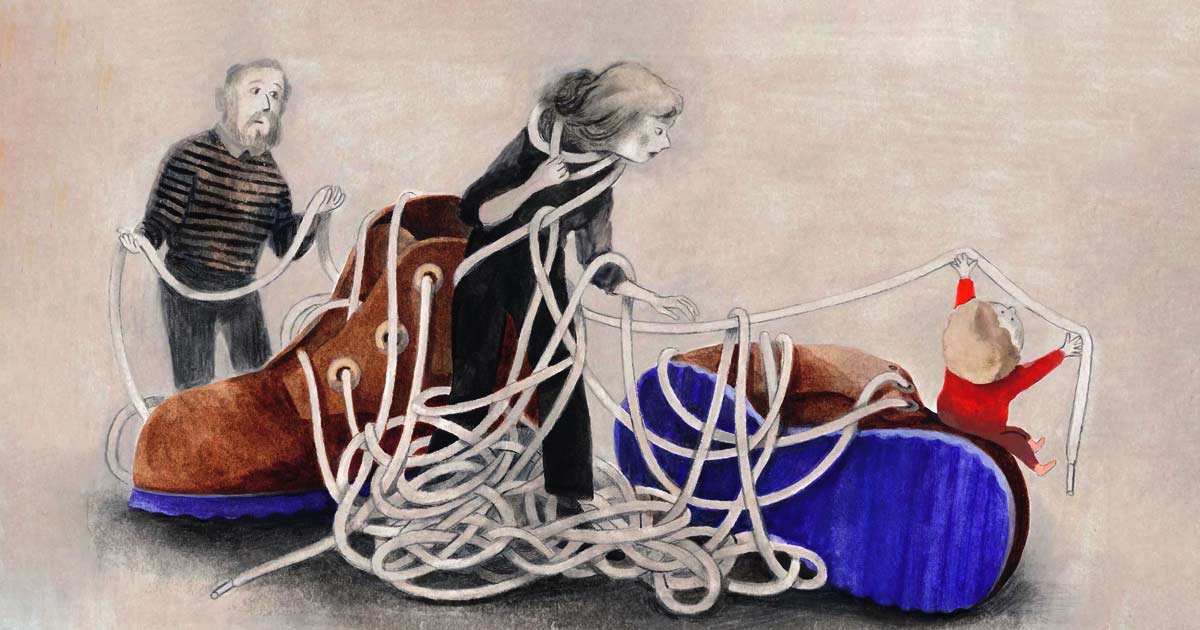Parenting is a big adventure with lots of numerous stops along the way. From when a baby is just an idea to when they’re all grown up, there are different stages of parenting along the way. Each stage brings new things to learn and new ways to be a good parent.
In this article, we’ll talk about these stages and give you ten helpful tips to adjust parenting styles according to age. Whether you’re taking care of a tiny baby or helping your teenager through tough times, these tips will make parenting a little easier.
Let’s get started!
What are Different Stages Of Parenting?
Parenting can be divided into many stages, each with various challenges and opportunities.
How long different stages of parenting last is family-dependent, but all follow a similar pattern.
1. Prenatal:
This stage when mother conceives until the time she gives birth to her child in the womb is called prenatal. Here, parents undergo physical and emotional changes in their life and this is where they prepare themselves mentally for an incoming arrival.
They should take care of themselves, bond with the baby while it’s still inside them and make preparations now.
2. Infancy:
Infants are from birth until about 18 months or 2 years old. This period is all about growing up – babies can’t do any thing by themselves yet so they need to be looked after.
From feeding them to changing diapers to giving them emotional support at this early stage will keep parents very busy but it’ll be worth it once they start growing up fast.
3. Toddlerhood:
These days range from around 18 months to 3 years old. The moment your child realizes that there’s a whole world outside there that is not within your home alone and can venture on his/her own, self awareness starts developing.. And exactly what your toddler wants!
Watch for some of these milestones including language learning, tantrums throwing, testing boundaries (no matter how frustrating), hopefully potty training too along the way.
4. Preschool Years:
Most children in this age bracket are between three and five years old which means that this marks the last stage before entering kindergarten or rather becoming older kids (well…kinda).
They learn through play and interaction with other children and adults so you will have to provide many opportunities where they can learn explore while keeping an eye on them so that they don’t get into mischief.
Parents should also allow their children freedom as well as independence during this period so that they can learn more about who they really are without being overly reliant on others.
5. School Age:
Children enter formal education between six and twelve years which is quite a big step. Parenting plays an important role in fostering their kid’s academic, social and emotional growth as they are transitioning through school while creating positive associations with other students as well as teachers. New tasks like homework or friendships will arise so you may have to assist them.
6. Adolescence:
Your kids will change physically (as well as cognitive changes) from the ages of thirteen to eighteen when they become adults. This can be quite challenging for both parties involved.
The parents should tackle these challenges head on by giving them some freedom to make their own choices but also setting some boundaries to avoid going too far from reality.
7. Young Adulthood and Beyond:
Once your children start their 20s, you know it’s time for you to take a back seat because maturity starts taking its course. They’ll probably start pursuing higher education (college), careers (an actual job), or even relationships (marriage).
Parents should provide guidance, encouragement and sometimes emotional support since at this point in the life cycle of individuals, there will be many trials that they will have to face.
Different joys and challenges come with every stage of parenting. As a parent, you must adapt to your child’s changing needs as they grow. You need to be flexible, patient and have a deep understanding of child development in order to help them through each of the stages.
Read More: What Are Parenting Styles? Explore Different Types Of Parenting Styles And It’s Impact On Children
Tips To Adjust Parenting Style
Adapting your parenting style according to your child’s age is essential for fostering their development and maintaining a healthy parent-child relationship.
Here are ten tips to adjust parenting style according to stages of parenting and age:
1. Knowledge is Power:
To arm yourself with knowledge of children’s developmental milestones, typical behaviors and relevant research as they grow up is one way to be responsible for your child. Knowing what changes in a child’s body, mind, emotions and interactions happen at each phase of their growth gives you the opportunity to predict their needs, react properly.
2. Be Flexible:
Understand that parenting is a continuous journey and your approach may need to change as your child grows older. Remain open to altering your strategies based on their individual traits, temperament, and developmental progress.
3. Age-Appropriate Expectations:
Based on the age bracket of your child or his abilities set expectations that are reasonable.For instance expect more independence from a teenager than from a preschooler. This will enable you to know how realistic the targets you set are for them at their age while helping them develop.
4. Structure & Consistency:
Age specific routines and rules should be instituted by all parents.Children feel secure in an environment of consistency because it provides them with predictable standards.
5. Provide Guidance & Support:
Life guidance and counseling would help whenever they face new events or difficulties in life.Make sure it makes sense for their ages whilst enhancing independence over time Your reassurance will build confidence
6. Independence Fosterer:
Allowing your child to make certain decisions by himself (within reason) helps foster his/her self-sufficiency.Encourage initiative but be ready to guide; this will lead them towards self-confidence and reliance over time
7. Communication Backdoor:
Make sure you create an open channel of communication that can be maintained between both parties from early stages on.As you grow old encourage them to always know that despite having no answers yet there is always someone who cares enough to listen
Acknowledge and validate. Notice even if you can’t comprehend. Adjust as they grow and learn.
8. Distinctive Characteristics:
Respect your child’s individuality, their likes, dislikes and areas of strength that make them different from everyone else. Everyone is unique so treat them like unique individuals! Do whatever it takes to allow them to grow into their true selves.
9. Be a Good Role Model:
Be the best for your kid all the time. In any venture you do, be loving, empathetic and tough as these are the things that will shape how they perceive such qualities in other people including themselves. Demonstrate how to respectfully handle hard situations.
10. Connect Always:
Time should be available despite age! Even when it gets tough or they would rather hang out with friends instead. Important as spending time together through activities or talk may be; keep an eye on what interests your children at each stage so that you can share it!
By nurturing our children according to developmental stages we can encourage growth and at the same build trust and understanding between both parties
Read More: What Are Family Dynamics? Is Your Family Dynamics Uplifting or Weighing You Down?
A Word From Mind Family
Parenting is a journey, and it should never have an end. It’s a lifelong process of learning and adapting to the stages of parenting and the needs of our young ones as they grow up. We need to know what they’re capable of, and also be prepared to make changes in our methods.
Talking openly with kindness is essential. Children are their people, even if they come from us, so we should respect them for who they are. At the same time, we must be good examples of kindness and strength for them.
No matter what age they are, we should always try to find ways to connect. Even when it seems like all they want is space — which could be true sometimes — there are always opportunities we can create ourselves.
We know that parenting isn’t always easy here at Mind Family. But if you follow these tips and stay close to your kids, we promise you you’ve done more than enough on your part to help them grow up happy and healthy.
Frequently Asked Questions (FAQs)
1. What are the different stages of parenting?
The stages of parenting include prenatal (before birth), infancy (birth to 18 months), toddlerhood (18 months to 3 years), preschool years (3 to 5 years), school age (6 to 12 years), adolescence (13 to 18 years), and young adulthood and beyond.
2. Why is it important to adjust parenting styles according to age?
Adjusting parenting styles according to age helps meet the changing needs of children as they grow and develop. It ensures that parents provide appropriate guidance, support, and boundaries at each stage of their child’s life.
3. What are some tips for adjusting parenting styles?
Tips include staying informed about child development, being flexible, setting age-appropriate expectations, providing structure and consistency, offering guidance and support, encouraging independence, promoting positive communication, respecting individual differences, modeling positive behavior, and staying connected with your child.


















Leave a Reply